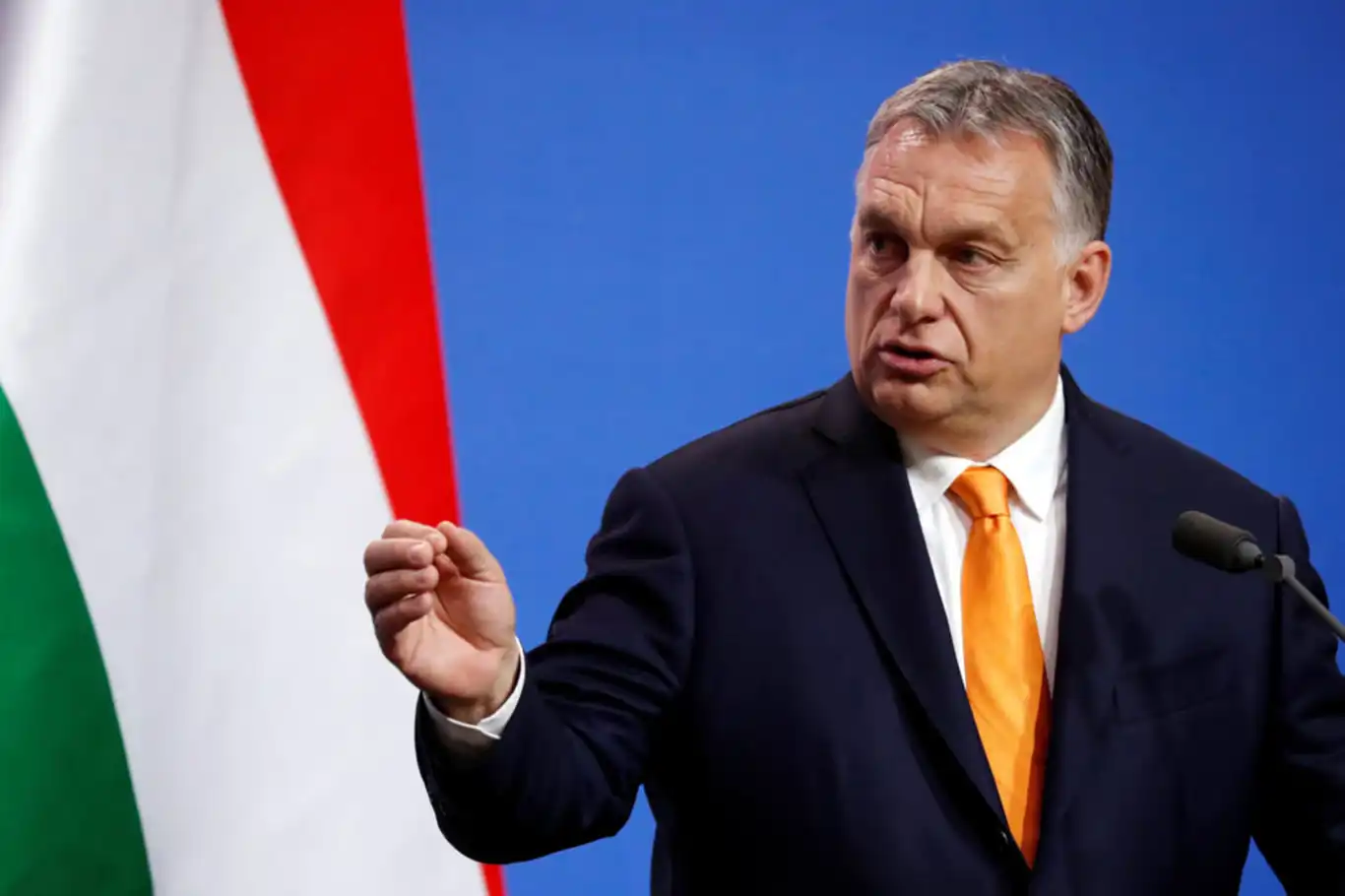Orban threatens to block EU sanctions on Russia over pipeline dispute


Hungarian Prime Minister Viktor Orban has issued a warning to the European Union, threatening to block the extension of sanctions on Russia unless a pipeline carrying Russian gas through Ukraine is reopened.
Orban’s demand comes as the EU approaches a critical deadline to unanimously extend its sanctions against Moscow by January 31. The sanctions, which have been imposed in 15 rounds since Russia's full-scale invasion of Ukraine in February 2022, face uncertainty as Orban vows to "pull the handbrake" if the issue is not resolved.
At the center of the standoff is a pipeline that once transported Russian gas through Ukraine to central European countries, including Hungary. Kyiv shut down the pipeline on January 1 after opting not to renew its transit deal with Russian energy giant Gazprom. Ukraine argued that while it earned revenue from the agreement, the arrangement benefited Russia even more.
Orban, a staunch ally of Russian President Vladimir Putin, has criticized Ukraine’s decision to cut off the pipeline, emphasizing its importance to Hungary. Over 80% of Hungary's gas and oil imports come from Russia. While Hungary has been receiving Russian gas via the Turkish Stream pipeline through the Balkans, Orban claims the Ukrainian armed forces have also targeted this supply route.
Orban has accused both Kyiv and Brussels of exacerbating Hungary's economic challenges. He claims EU sanctions on Russia have cost Hungary €19 billion ($19.9 billion) over the past three years, a figure exceeding the country’s annual tax revenues.
“We are asking for help,” Orban said in a state radio interview on Friday. “We are asking [the EU] to make the Ukrainians declare that they will restore the gas route. It's not right that we continue to bear the economic consequences of sanctions to help Ukraine while they are messing with us.”
The EU’s ability to enforce sanctions on Russia hinges on unanimous support from its member states. Orban’s ultimatum places Brussels in a challenging position, as it must balance support for Ukraine with internal cohesion among EU members.
Orban’s stance highlights the geopolitical and economic complexities within the EU as the bloc seeks to maintain a unified front against Russia. The ongoing pipeline dispute underscores the challenges of balancing national interests with collective action, especially amid the continuing war in Ukraine. (ILKHA)
LEGAL WARNING: All rights of the published news, photos and videos are reserved by İlke Haber Ajansı Basın Yayın San. Trade A.Ş. Under no circumstances can all or part of the news, photos and videos be used without a written contract or subscription.
The World Health Organization (WHO) has warned that thousands of critically ill patients in the Gaza Strip, many of them children, remain trapped without access to life-saving treatment amid Israel’s ongoing genocidal war and crippling blockade.
Palestinian authorities have condemned a ceremony attended by foreign diplomats in occupied Jerusalem, warning that the event was designed to legitimize Israeli control over Islamic holy sites and undermine their historical and legal status.
The Orphans Foundation (Yetimler Vakfı) has restored the eyesight of numerous impoverished cataract patients in Kenya through a donor-funded surgical initiative.
The suspect sought in connection with last weekend’s deadly shooting at Brown University in the United States has been found dead, authorities confirmed on Thursday.